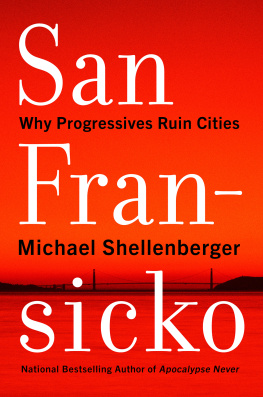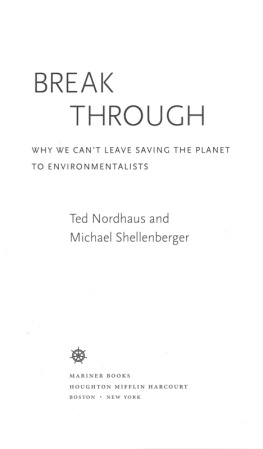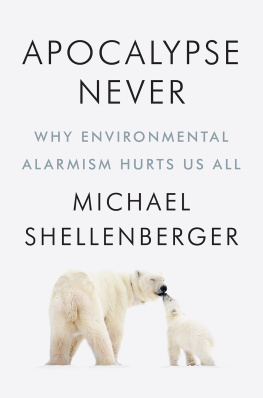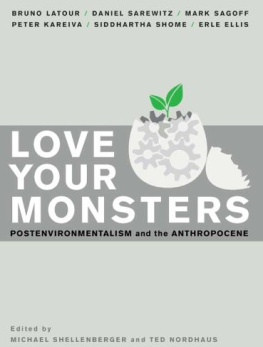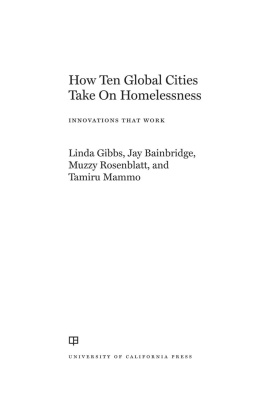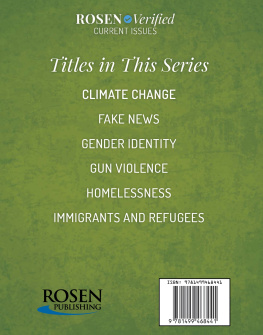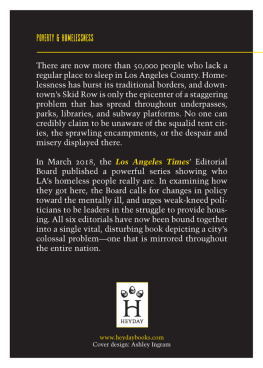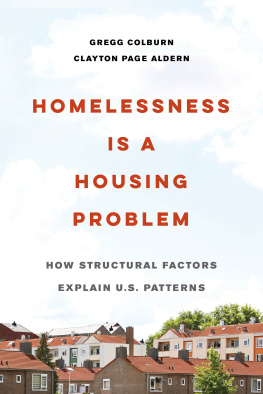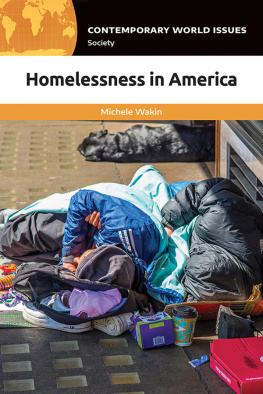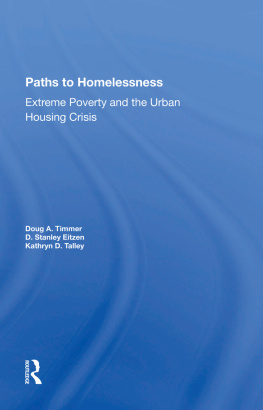For Helen
Go, Francis, and repair my house, which as you see is falling into ruin.
instruction to Saint Francis
Contents
When I first heard last June that a group of people had taken over a neighborhood in downtown Seattle, ostensibly in response to the killing of an unarmed black man, George Floyd, by a police officer in Minneapolis, I couldnt understand what had happened. It wasnt like a bunch of heavily armed anarchists had erected traffic barricades and kicked the police out of their precinct building, I thought, and went back to whatever it was I was doing. It was only after I had learned of the killing of two black teenagers in the occupied area that I came to understand that the anarchists had, in fact, done exactly that. But why? And why did the Seattle police and mayor let them?
I am not unfamiliar with radical politics. As a socialist youth in the late 1980s I had read books by Americas most famous anarchist, Noam Chomsky, excoriating US imperialism in Latin America. From 1996 to 1999, I worked with eco-anarchists seeking to save old-growth forests in California and the Pacific Northwest. And in 1999, I protested alongside so-called black bloc anarchists against economic globalization in the streets of Seattle. While I knew anarchists wanted to abolish government, it never dawned on me that a major city government would actually participate in its own abolition. What was going on?
Though my curiosity was piqued, I wasnt in much of a position to find out. In the 1990s I had worked on a broader set of progressive causes, including advocating for the decriminalization of drugs and alternatives to prison. But for most of the last two decades my research and writing has focused on the environment. And, in the early summer of 2020, I was busy running my nonprofit research organization and preparing for the release of my book on the topic.
It was anarchy of a different sort that motivated me to write San Fransicko. During the pandemic, a growing number of people in floridly psychotic states were screaming obscenities at invisible enemies, or at my colleagues and me, on the sidewalks or in the street, as we went to and from our retail office in downtown Berkeley, near the University of California. Others were angrier than ever, often inexplicably. One morning a young man came up to me as I was unlocking our front door and coughed in my unmasked face. Another man threatened to assault a colleague. In both cases our mistake appears to have been that, rather than averting our eyes, we had looked at the men.
Many of the problems stemmed from COVID-19. Californias prisons, jails, and homeless shelters were under orders to reduce their occupancy. Fewer people were being arrested for public intoxication and aggressive behavior. More people started sleeping in front of our office, the boarded-up secondhand clothing store next door, or the former S&M shop next to it, frequently leaving their trash and waste for us to clean up in the morning. And we started finding people passed out on the sidewalk, sometimes with their pants around their knees.
But none of these problems started with the pandemic. Between 2008 and 2019, eighteen thousand companies, including Toyota, Charles Schwab, and Hewlett-Packard, fled California due to a constellation of problems sometimes summarized as poor business climate.
I was as confused as Maher. Though I have been a progressive and Democrat all of my adult life, I found myself asking a question that sounded rather conservative. What were we getting for our high taxes? And why, after twenty years of voting for ballot initiatives promising to address drug addiction, mental illness, and homelessness, had all three gotten worse? And why had progressive Democratic elected officials stopped enforcing many laws against certain groups of people, from unhoused people suffering mental illness and drug addiction in San Francisco, Los Angeles, and Seattle, to heavily armed and mostly white anarchists in Seattle, Portland, and Minneapolis?
I wrote San Fransicko because I didnt have the answers to those questions and felt I needed them. What I discovered in the process was that much of what I and other progressives had believed about cities, crime, and homelessness was all wrong, and that we needed to get it right.
Just as no police officer believes its good for neighborhood safety to abandon a precinct building, no sane psychiatrist believes that enabling and subsidizing people with schizophrenia, depression, and anxiety disorders to use fentanyl and meth is good medicine. Yet that is what San Francisco, Seattle, and Los Angeles are, in effect, doing. What California does with its 100,000 unsheltered residents, most suffering mental illness or drug addiction while living in violent, dangerous, and degrading encampments, is mistreatment of the foulest sort and in many instances far worse than the mistreatment of mentally ill people in the first three quarters of the twentieth century. How did we go from the nightmare of mental institutions to the nightmare of homeless encampments?
In San Fransicko I explore how the conversation around how to use law and order to advance civil rights gave way to a debate over whether law and order is an obstacle to social justice. The question used to be carrots versus sticks. Do you reward people for not committing crimes, or do you punish them when they do? But thats been superseded by a question from progressives: what if its a form of victimization to try to influence peoples behavior at all? The governing majority in some of Americas cities seems to believe that the only real public policy problem is how to pay for letting people do whatever they want, from turning public parks into open-air drug encampments, to using sidewalks as toilets, to handing over whole neighborhoods to people who are heavily armed and purposefully unaccountable.
Some will take offense at this books subtitle, but I am not suggesting that progressives only ruin cities, nor that they never save them. Nor am I suggesting that conservatives never ruin them. But I am saying that when progressives do ruin cities, they do so in similar ways, and for similar reasons. And while the crisis of disorder I am describing is strongest in progressive West Coast cities, it is spreading east, like many trends in America do.
Progressives have been in charge of San Francisco, Los Angeles, and Seattle, as well as California and Washington, during most of the decades in which the problems I describe here have grown worse. And on the fundamental policies relating to mental illness, addiction, and housing for the homeless, moderate Democrats, conservatives, and Republicans have either gone along with the liberal and progressive agenda or been powerless to prevent it since the 1960s. And it was Democrats, not Republicans, who played the primary role in creating the dominant neoliberal model of government contracting to fragmented and often unaccountable nonprofit service providers that have proven financially, structurally, and legally incapable of addressing the crisis.
Not long after I began my research, I read what I felt then, and still feel now, were the three best books on homelessness, all published in the early 1990s, and all authored by liberals or progressives. At first the books inspired me. I felt as though three wise elders had reached forward through time to pass along essential truths. But then it dawned on me that, despite those three books having been widely reviewed and well received, including by Americas most influential newspapers, the crisis of untreated mental illness and addiction, as well as what we call homelessness, had grown worse, not better. What would prevent San Fransicko from suffering a similar fate?

